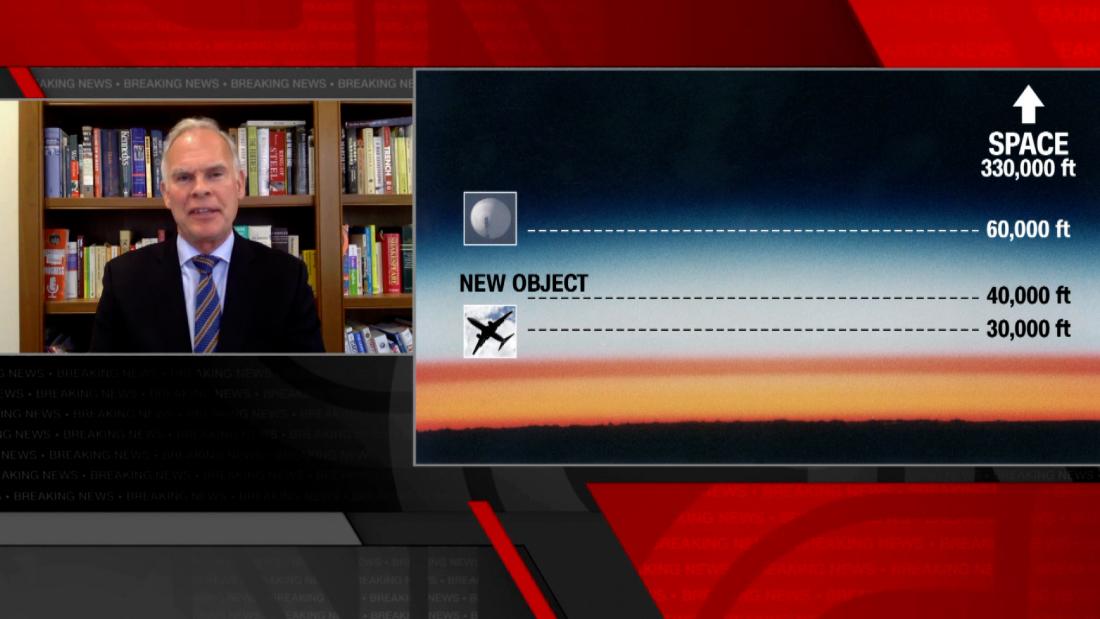It’s Time to Halt Post-9/11 Anti-Terror Sting Operations, Say Critics
After 9/11, the FBI's change from a crime-investigating organization to an intelligence-gathering agency was accompanied by an increased use of sting operations. A new PBS documentary focuses on one operation in Miami that revealed the often-questionable grounds for such operations, and the abuses they fostered.

A new documentary about the “Liberty City Seven,” a group of men charged with terrorism-related offenses in 2006, is drawing attention to the FBI’s use of informants and sting operations following the Sept. 11, 2001 terror attacks.
The men charged by the government operated out of a warehouse in the poor, predominantly Black Liberty City neighborhood, in Miami, following religious principles.
According to The Guardian, they were “members of an obscure religious group called the Seas of David, had no actual connection to al-Qaeda, no weapons, no explosives, (and) no consistent ideology of violence.”
“The group studied Bible passages, wore paramilitary uniforms with American flag and Star of David patches, and smoked weed,” said The Guardian.
In a press conference after the Miami arrests, then-attorney general Alberto Gonzales, outlined an ambitious plot to blow up Chicago’s Sears Tower, to launch a “full ground war against the United States,” and to support al-Qaeda.
The group had conducted no surveillance of the Sears Tower.
In its investigation of the men, the FBI used a Yemen-born informant who was released from jail after assaulting his girlfriend and set out to befriend the men in Miami. In return for getting out of jail time for domestic violence, his goal was to entrap potential terrorists.
After ingratiating himself with the group, the informant offered the group’s leader $50,000 for his failing construction business if he helped an uncle he said was linked to al-Qaeda.
The case has led to a flurry of mistrials, convictions, acquittals and deadlocked juries for the Liberty City defendants.
Experts say federal stings increased after 9/11, in cases such as the one examined by the new FRONTLINE documentary In the Shadow of 9/11, directed by Dan Reed.
Stings are not governed by laws passed by Congress but by guidelines first mapped out by the U.S. attorney general in 1976, according to a story on PBS.org.
Since then, those guidelines have been revised multiple times, with further guidance added that can be updated further without notice.
After 9/11, the FBI changed from a crime-investigating organization to an intelligence-gathering agency, experts say.
“That changed because of 9/11, because there was fear,” says Jesse Norris, an assistant professor of criminal justice at State University of New York at Fredonia who has published extensively on post-9/11 prosecutions.
The agency broadened its operational guidelines to reflect its new counterterrorism mandate. FBI agents were authorized to attend public events and protests without disclosing their identities and extended the time period for “preliminary investigations,” which require only allegations.
“With lower evidentiary standards, the new guidelines allowed the FBI to initiate investigations of people they have no factual basis to believe are doing anything illegal … rather than investigating evidence of actual violence committed by individuals or groups, or other illegal terrorist activity,” Mike German, a former FBI counter-terrorism agent, told Frontline.
A 2014 report by Human Rights Watch and Columbia Law School’s Human Rights Institute found that “at times, in aggressively pursuing terrorism threats before they even materialize, U.S. law enforcement overstepped its role by effectively participating in developing terrorism plots.”
Sting operations, “choreographed by FBI and Justice Department officials in Washington,” have included plots against skyscrapers in Dallas, Texas, Washington subways, a Chicago nightclub and New York’s John F. Kennedy International Airport, according to CBS News.
No terrorism case since Sept. 11, 2001, has been thrown out because of entrapment.
Questions were also raised about how much informants encouraged a domestic terrorism plot in the case of a group of Michigan men charged with planning to kidnap the state’s governor.
Buzzfeed News’s reporting on the plot revealed that FBI informants were involved in every aspect of the alleged plot from the beginning.
Fourteen people were arrested in the Wolverine Watchmen scheme. However, media reports show that no less than 12 informants were used. They allegedly were active recruiters and funders of the kidnapping plot.
Aaronson of The Intercept said, “To me, this strikes me as very similar to the type of sting operation we’ve seen targeting Islamic extremists where the people involved either don’t have the capacity on their own, and/or don’t even have the idea on their own. And it’s the FBI undercover agent or informant who is either providing the idea and/or all of the means necessary to commit this crime.”
“I think what will be interesting in this case is whether a jury will be more open to arguments of entrapments given that this is a group of white defendants compared to the largely Muslim and Black defendants we’ve seen in terrorism stings. And whether they’ll be any difference because of the ideology,” Aaronson said.
Nancy Bilyeau is deputy editor of The Crime Report.

 Landwebs
Landwebs 





















